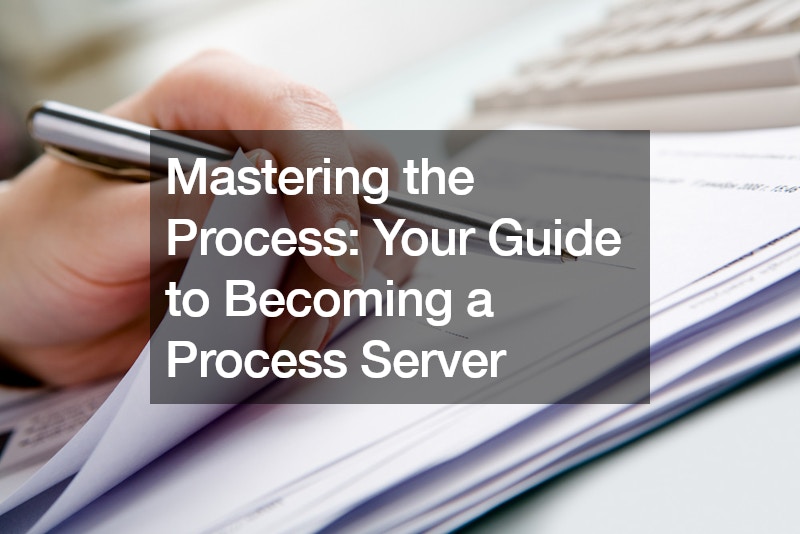Are you intrigued by the idea of a career where every day brings a new challenge? Do you have a knack for problem-solving and a desire to work independently? If so, becoming a process server might be your perfect career path. In this comprehensive guide, we’ll walk you through everything you need to know to embark on this exciting journey and master becoming a process server.
What is a process server, you might ask? A process server delivers legal documents, such as subpoenas, summons, complaints, and court orders, to individuals involved in legal proceedings. They play a crucial role in the legal system by ensuring all parties are properly notified of their legal rights and obligations.
One of the first steps to becoming a process server is to familiarize yourself with the specific requirements in your state. While the basic qualifications, such as being over 18 years old, having a valid driver’s license, and having no criminal record, apply in most states, additional requirements or certifications may be needed depending on your location. For instance, states like Alaska, California, and Texas have specific rules and regulations that aspiring process servers must adhere to.
Once you’ve determined the requirements in your state, the next step is to complete a training program. While a college degree is not required to become a process server, it’s essential to have a thorough understanding of state and federal laws governing the service of legal documents. Many states offer training programs or certification courses to equip aspiring process servers with the knowledge and skills they need to succeed. Additionally, seeking out mentorship opportunities and online resources can further enhance your understanding of the profession.
After completing your training, you must apply for a license or certification, if required in your state. This typically involves passing a background check, submitting an application, and possibly passing an exam. Some states may also require proof of liability insurance or bond payment. It’s essential to familiarize yourself with the application process in your state and ensure that you meet all requirements before applying.
Once you’ve obtained your license or certification, it’s time to gain experience in the field. Researching businesses in your area that regularly require the services of process servers, such as law offices or collection agencies, can provide valuable networking and job opportunities. Building relationships with other process servers and seeking guidance from mentors can help you navigate the profession’s challenges and hone your skills.
As you gain experience and establish yourself in the field, you must have a career strategy. Whether you plan to start your own process-serving business or join an existing firm, having a clear vision for your future can help you set goals and make informed decisions about your career path.
.


